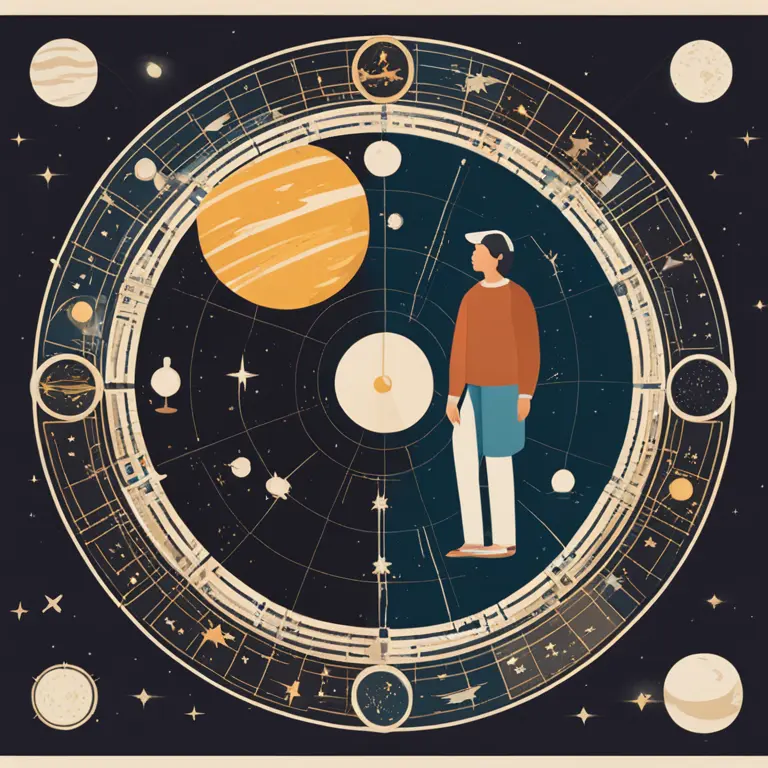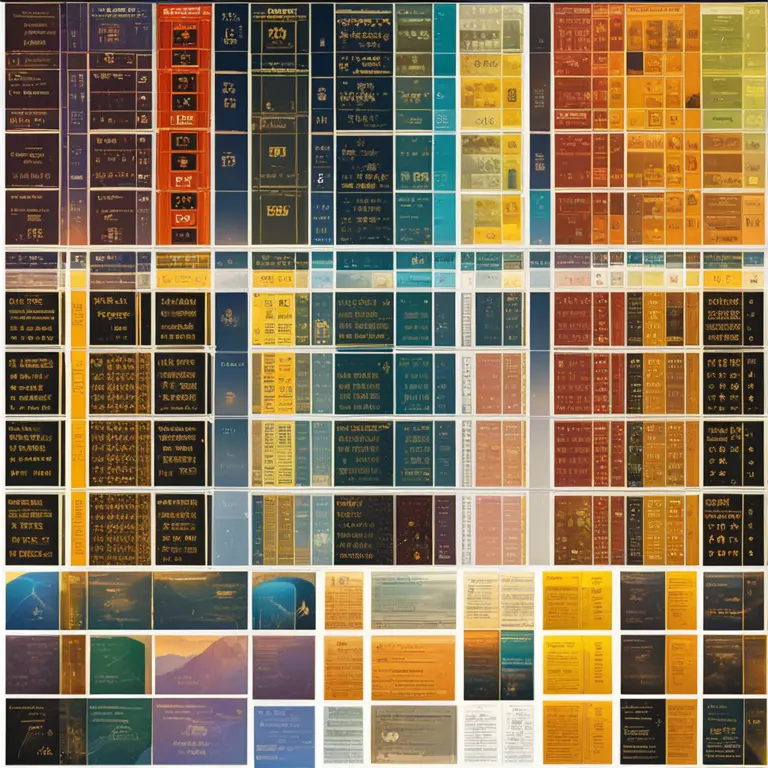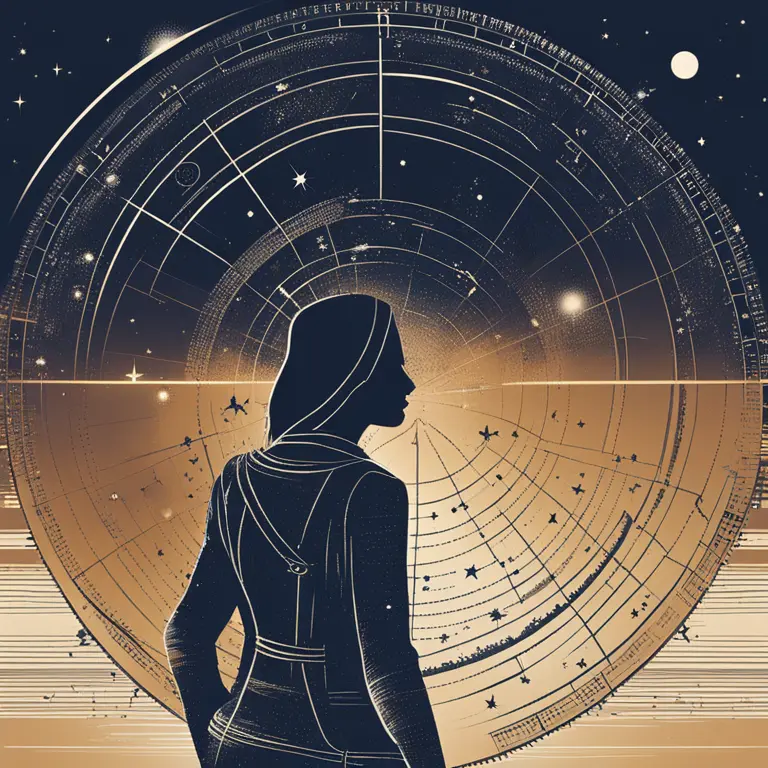
The Astrology Myth: A Rational Perspective
Discover why astrology fails scientific scrutiny and how modern understanding rejects its premises in this concise exploration of the myth behind the stars.
article by Priya Deshmukh
The Lack of Scientific Basis
Despite its popularity in some circles, astrology's core principles do not hold up under scientific investigation. For centuries, astrology has claimed that one's personality, destiny, and important life events are influenced by the positions and movements of celestial bodies. However, no scientific tests have conclusively shown any causal relationship between the alignment of stars and planets and individual human affairs. Modern astronomy distinguishes itself by relying on empirical evidence and testable hypotheses, while astrology has not evolved to meet these critical standards. Consequently, many classify astrology as a pseudoscience—a field that cloaks itself in scientific trappings without adhering to the scientific method.

Astronomical Misconceptions
Astrologers often refer to the apparent positions of the sun, moons, and planets against the backdrop of the zodiac signs. Yet, astrology's zodiac system is fundamentally flawed; it does not account for the precession of the equinoxes—an astronomical phenomenon altering the position of constellations over time. Due to this precession, the astrological signs assigned to someone today do not correspond to the actual constellations in the sky at birth. Moreover, the introduction of the 13th zodiac sign, Ophiuchus, further cements astrology's outdated framework, which ignores this constellation completely, evidencing the disconnect between astrology and the current astronomical understanding.

Confirmation Bias and Vagueness
People's belief in astrology often hinges on anecdotal evidence and personal testimonials. This susceptibility to confirmation bias – the tendency to remember instances where astrological readings seemed accurate while ignoring the many times they were not – serves as a psychological reinforcement rather than a legitimate endorsement of astrology's validity. Horoscopes and readings are also deliberately worded in broad and ambiguous terms, allowing for multiple interpretations that can be seen as accurate in hindsight. This vagueness ensures that astrology readings can resonate with a wide audience, regardless of individual circumstances.

Contradictions and Lack of Consistency
Astrology also suffers from a significant lack of consistency. Different cultures and traditions have their own astrological systems, which often provide conflicting information. For instance, Western astrology contrasts sharply with Vedic astrology, yet both are used to forecast future events and provide personal guidance. If astrology had a scientific basis, we would expect a uniform system or at least convergence of interpretations. The observed discrepancies instead suggest that astrology is more akin to an art form open to subjective interpretation rather than a science grounded in objective reality.

Failure to Predict and Reproduce Results
In the scientific community, reproducibility is considered a hallmark of credibility. Astrological predictions, however, fail this test time and again. Large-scale studies and double-blind tests designed to measure the accuracy of astrological predictions consistently show results no better than chance. This lack of reliability indicates that astrology does not provide the universal truths it claims to uncover. Furthermore, with the ever-increasing precision of scientific predictions from weather forecasting to complex economic modeling, astrology's vague and nondescript forecasts are glaringly outmoded.
The Placebo Effect and Self-Fulfilling Prophecy
The impact of astrology on individuals can often be attributed to the placebo effect, where belief in the effectiveness of a nonexistent influence can induce positive feelings and attitudes. People might adjust their behavior or perception of events in line with astrological readings, creating self-fulfilling prophecies. Rather than astrology having genuine predictive power, its influence is shaped by individuals' expectations and tendencies to actively make their readings come true, further diminishing astrology's claims to legitimacy.
Published: 2/5/2024
Modified: 2/5/2024
More predictions
Come back here soon to learn more about yourself and your future


The Zodiac Signs and their Influence
Delve into the intricate world of zodiac signs, where celestial alignments offer insights into personality traits, future forecasts, and life paths.


Leo Zodiac Sign Insights: Traits, Love, and Destiny
Delve into the spirited world of Leo: learn about their bold traits, love compatibility, and 2024 forecast in this comprehensive guide.


From Zodiac Signs to Tarot Cards: A Celestial Guide
Connect the cosmic dots between your zodiac sign and the tarot with this insightful guide into the esoteric relationship of astrology and tarot card readings.